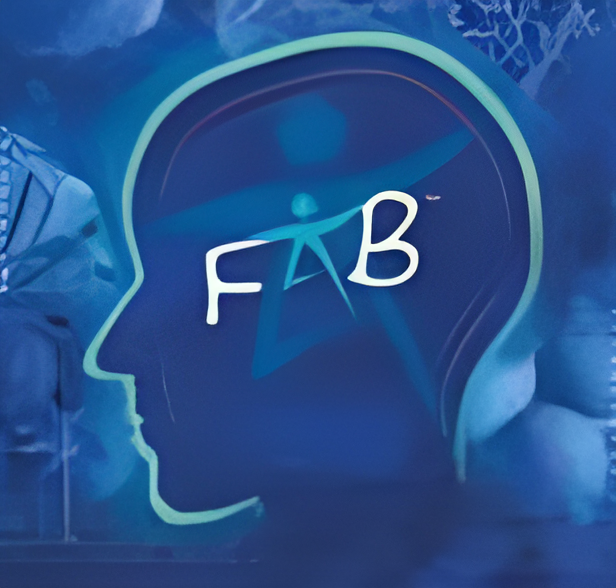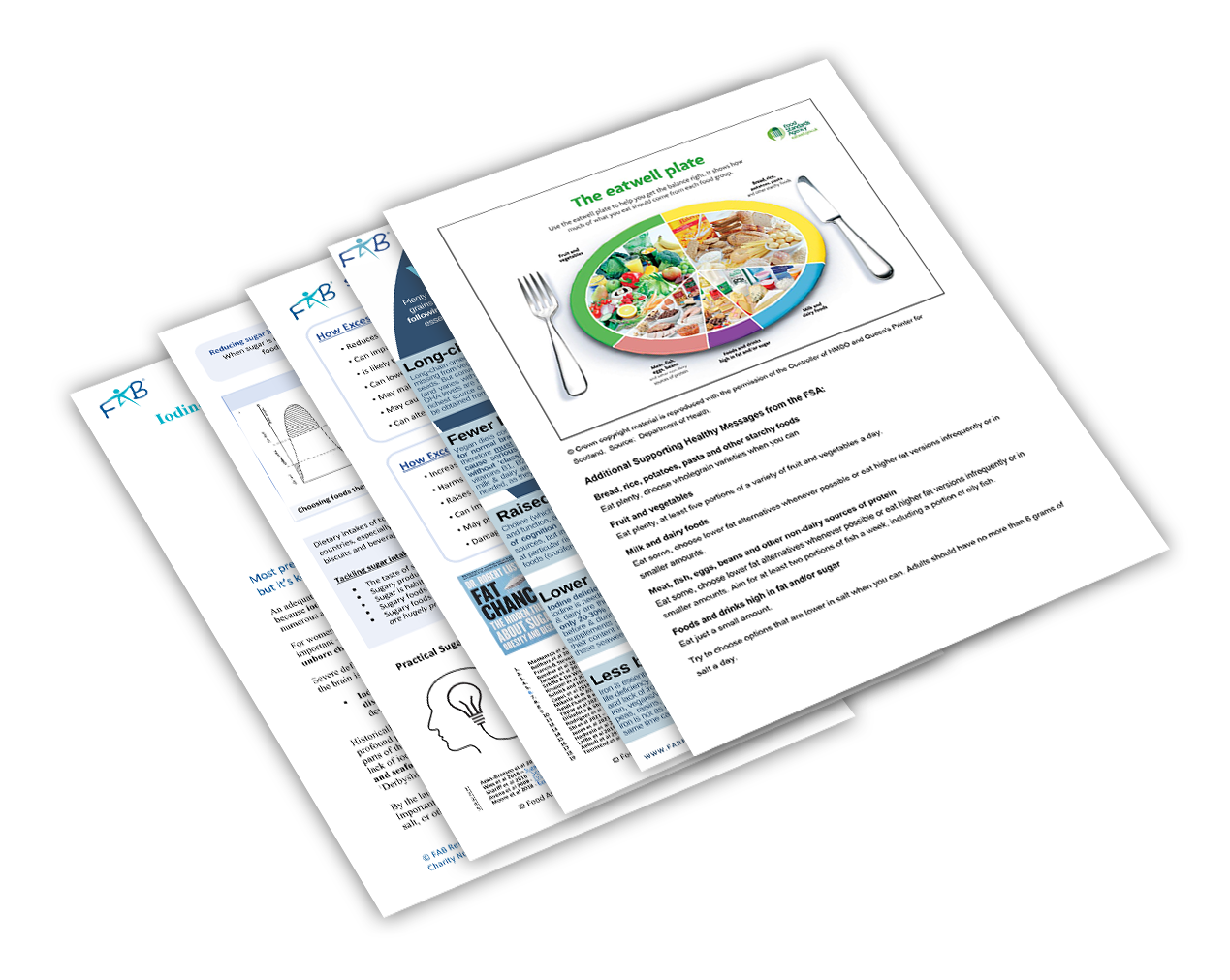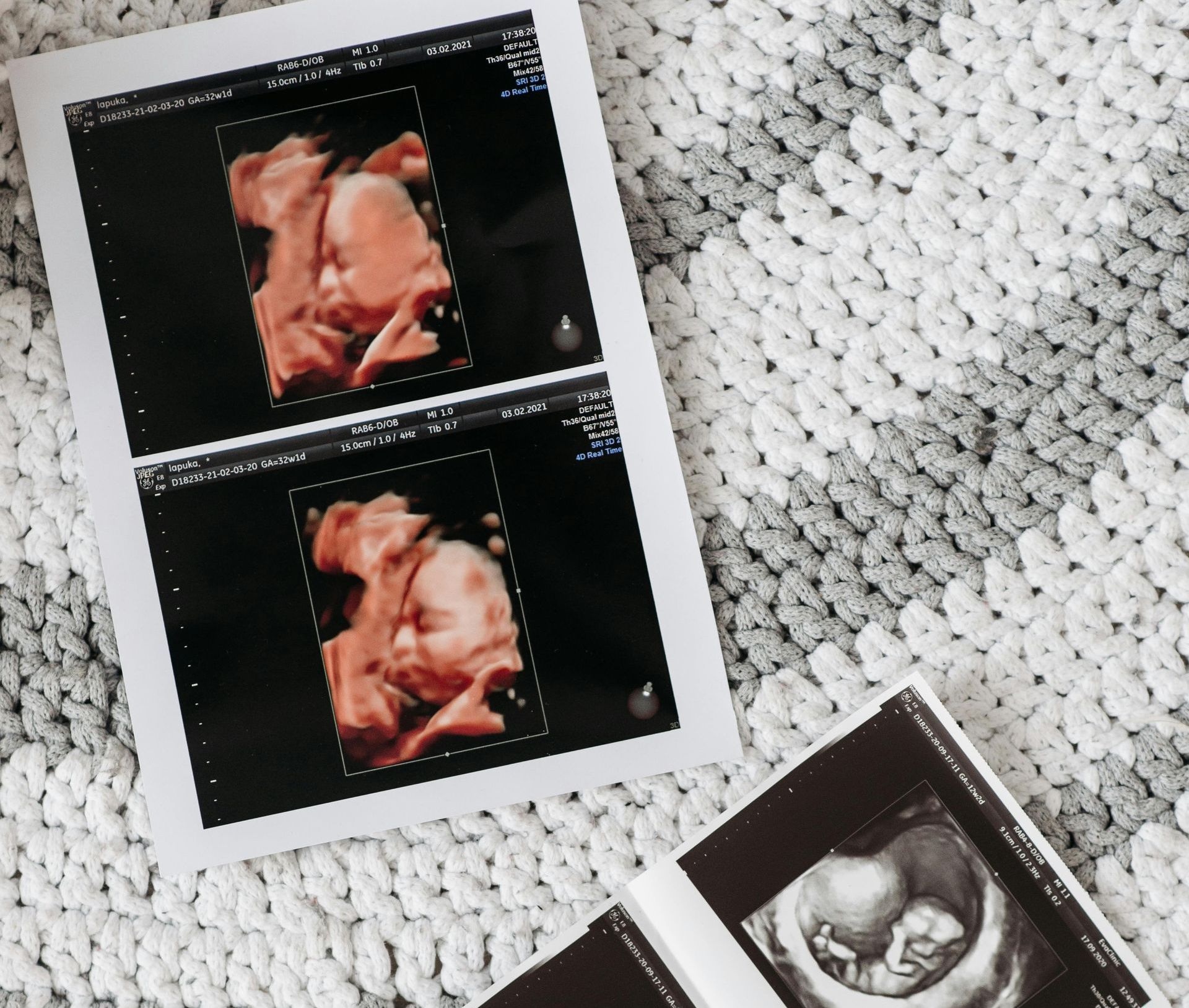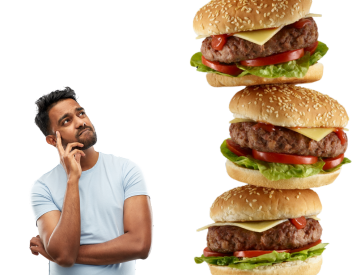Receive exclusive content, promotions, news and events to your mailbox.
The Better Brain
The surprisingly dramatic role of nutrition in our mental health, and how diet and micronutrients can be used to help treat and prevent anxiety, depression, ADHD and other mental health disorders
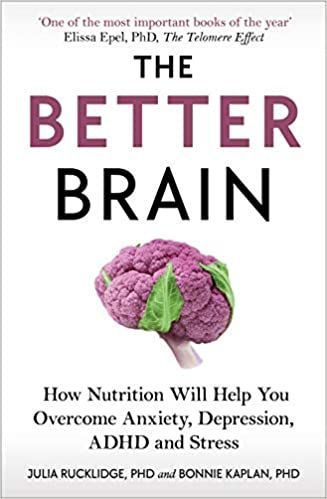
Another excellent book to complement this one - which explains clearly how food and diet, as well as many other things we can influence, can be used to improve mental wellbeing and resilience, is:
For further information on nutrition and mental health please see:
- Depression and diet - news
- Anxiety and nutrition - news
- Anxiety and nutrition - Research
- ADHD and nutrition
Leading scientists Bonnie Kaplan and
Julia Rucklidge have dedicated their careers to researching the role that diet and nutrition play in our mental health. Together they have published several hundred peer-reviewed studies - those from the last two decades reveal the healing power of nutrients and the surprising role they play in brain health.
In this paradigm-shifting book, Kaplan and Rucklidge share their groundbreaking research for the first time and explain how to feed your brain to stabilise your mood, stave off depression and make yourself more resilient to daily stress.
The Better Brain also reveals the hidden causes of the rising rates of depression, from the nutrients in our soil to our reliance on processed food. It explains why a diet rich in fresh fruits, vegetables, pulses, fish and olive oil is healthiest for your brain, and why some people benefit from supplementary minerals and vitamins added to such a diet.
Complete with a nutritional plan and thirty delicious, mood-boosting recipes, this book will be a complete guide to a healthier, happier brain.
Professor Rucklidge on "The Power of Food: How Can Nutrition have such a Powerful Effect on Mental Health?"

● The importance of nutrient-rich soil, and genetic factors influencing nutrient absorption.
● Dietary changes can have a significant impact on overall health and well-being.
● Challenges in treatment and the need for holistic approaches.
Further information
Get the latest insights in nutrition and brain health
More articles




